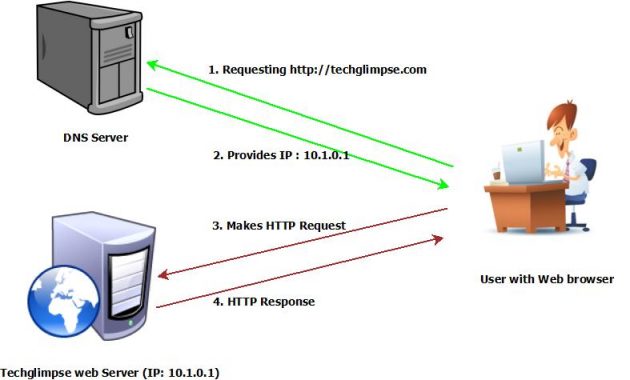Introduction to Linux Server: A Reliable and Powerful Solution for Your Business
Introduction
In today’s high-tech world, servers play a little significant role in providing services and resources to businesses and organizations. Among the various options accessible, Linux servers have gained massive popularity due to their reliability, security, and flexibility. This article aims to provide an introduction to Linux servers, highlighting their features, benefits, and why they are an excellent choice for businesses of all sizes.

What is a Linux Server?

A Linux server refers to a calculating system running a Linux-based operating system namely reformed to support services and resources to customers or other devices over a network.Linux, being an open-source and society–compelled platform, offers abundant distributions tailored expressly for attendant deployments. These distros involve Ubuntu Server, CentOS, Debian, Fedora Server, and Red Hat Enterprise Linux (RHEL),each accompanying enchantment own substances and focus areas.
Benefits of Linux Servers
Stability and Reliability:
Linux servers are known for their stability and robustness. The Linux kernel, with its efficient resource management and process scheduling, ensures reliable performance even under heavy workloads. It can run for extended periods without requiring frequent reboots, minimizing downtime and ensuring continuous service availability.
Security:
In the business, Linux’s security features are highly regarded. Linux’s open-source nature enables the community to quickly identify and patch vulnerabilities, resulting in quicker security updates. Additionally, Linux’s fine-grained access controls and permission systems lessen the likelihood of malicious activity and unauthorized access.
Flexibility and Customization:
Linux servers offer unparalleled customization and flexibility. It is possible for administrators to optimize performance, install only the necessary components, and tailor the server to the business’s specific requirements with granular control over every aspect of the configuration. Organizations with particular needs benefit especially from this adaptability.
Wide Range of Server Applications:
Linux servers are suitable for a wide range of applications and services because they can host a wide variety of them. Linux offers a wide range of server software, including web servers like Apache and Nginx, database servers like MySQL and PostgreSQL, file servers like Samba, and email servers like Postfix and Sendmail. Businesses are able to select the best tools for their specific requirements thanks to this diversity.
Cost-Efficiency:
Since Linux is an open-source platform, licensing fees are not necessary. Linux distributions can be freely installed, used, and modified by businesses without incurring any additional costs. Additionally, organizations can optimize hardware resources thanks to Linux’s efficient resource utilization, reducing the need for costly hardware upgrades.
Scalability and Performance:
Linux servers can handle increasing workloads without sacrificing performance and are highly scalable. Linux is suitable for demanding applications and large-scale deployments due to its support for multi-threading, multiprocessing, and efficient use of system resources. The infrastructure of an organization can be easily scaled up to meet the demands of an expanding business.

Conclusion
Linux servers have proven to be an effective and dependable option for businesses of all sizes. Linux servers provide a solid foundation for hosting a wide range of applications and services due to their cost-effectiveness, flexibility, security, and stability. Linux servers provide the tools and capabilities necessary to satisfy a wide range of requirements, whether a small business seeking a cost-effective server solution or a large enterprise seeking scalability and performance.
Businesses can use Linux servers to build a resilient infrastructure, protect their data, and provide exceptional services to their customers. Businesses can use the advantages of this open-source platform to achieve their objectives effectively and efficiently as the Linux ecosystem continues to develop.







